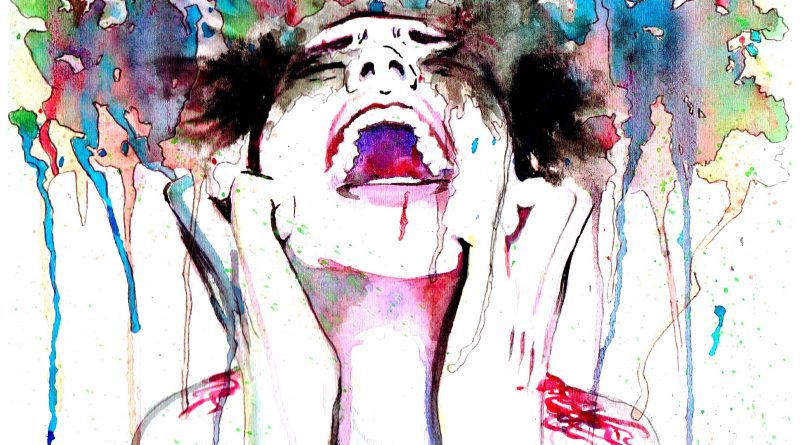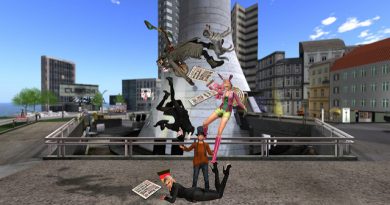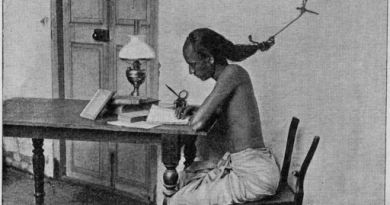What is Anxiety?
What is Anxiety? How Does Anxiety Happen?
Survival Instincts Turn Stress into Anxiety.
It may be a “hard to swallow” concept, but generally, anxiety is often caused by survival instincts. The purpose and mission of survival instincts, is to maintain the survival of the human race, one human at a time. Our survival instincts work 24-7 to protect against external and internal threats to its host, that is us.
In this article, we will explore how the chitter-chatter of thoughts, awakens the sleeping giant within us, known as survival instincts. Then we introduce insights and solutions to try.
In many ways, our survival instincts are very important. The mission of our survival instincts, is to maintain the survival of the human race, by protecting us from real threats to our survival. This is wonderful and amazing function of our body, when there is an actual threat to our well-being. It becomes a problem when the threat is not real, but instead a thought.
This instinct is what causes us to fight, flight or freeze in dangerous situations, without any need for us to intend to do, think or analyze the situation. An example involving a real physical danger, would be when our survival instinct causes us to immediately step away from a dangerous ledge, without the need to determine the level of risk or what to do or not do. Often the survival instincts will trigger an emotional response such as fear.
What is not so well-known, is that survival instincts also cause the fight, flight or freeze response when it detects non-physical dangers, as well. For example, high levels of stress can cause a response in our bodies that is harmful to us, and threatens the well-being of our minds and bodies. In this context, it comes as no surprise that our survival instincts (fight, flight or freeze), kick-in and trigger our fight, flight or freeze response, when we experience high levels of stress.
We may notice that thoughts follow the fight, flight or freeze response. In the “backroom”, those thought are labeled and an emotional response is trigger shortly thereafter (90 seconds after the thought). Typically, fear is the emotion that comes up after our mind, behind the scenes, relates the the event to a past experience.
For example, if we choose to believe that something is important, that it must be, and that we must do it and we also doubt that we can do it, this inner conflict will cause stress. Then if held onto too long, the level of stress caused by the belief will trigger our survival instinct, which will trigger thoughts, labels and emotions.
When we flood our bodies with the chemicals that are naturally produced by our brains and bodies in response to fear, and we hold on to that fear for an extended period, we will begin to experience anxiety. If the state of anxiety goes on for an extended period, feelings of depression may soon follow.
Thoughts, memories, beliefs and expectations that trigger our survival instincts, cause us to experience the emotion of fear. Anxiety feeds off our fear. The more fear the more anxiety grows. So when we hold onto fear-inducing thoughts, beliefs or expectations, it’s like giving anxiety, a free pass to feed off your all-you-can-eat fear buffet. The longer anxiety stays at this buffet, the bigger and stronger it gets.
Eventually, over time, anxiety can grow bigger and stronger than the survival instinct, the will to live can become depleted and the survival instinct can be defeated. Such can lead to a state where there is less and less concerned about well-being and survival, and the will to live weakens.
Don’t fret. We have more insights to share and solutions for you to explore. See Related Article, Anxiety and the Illusions that Feed It.
We love to receive your feedback. Was this article helpful? Contact us.



